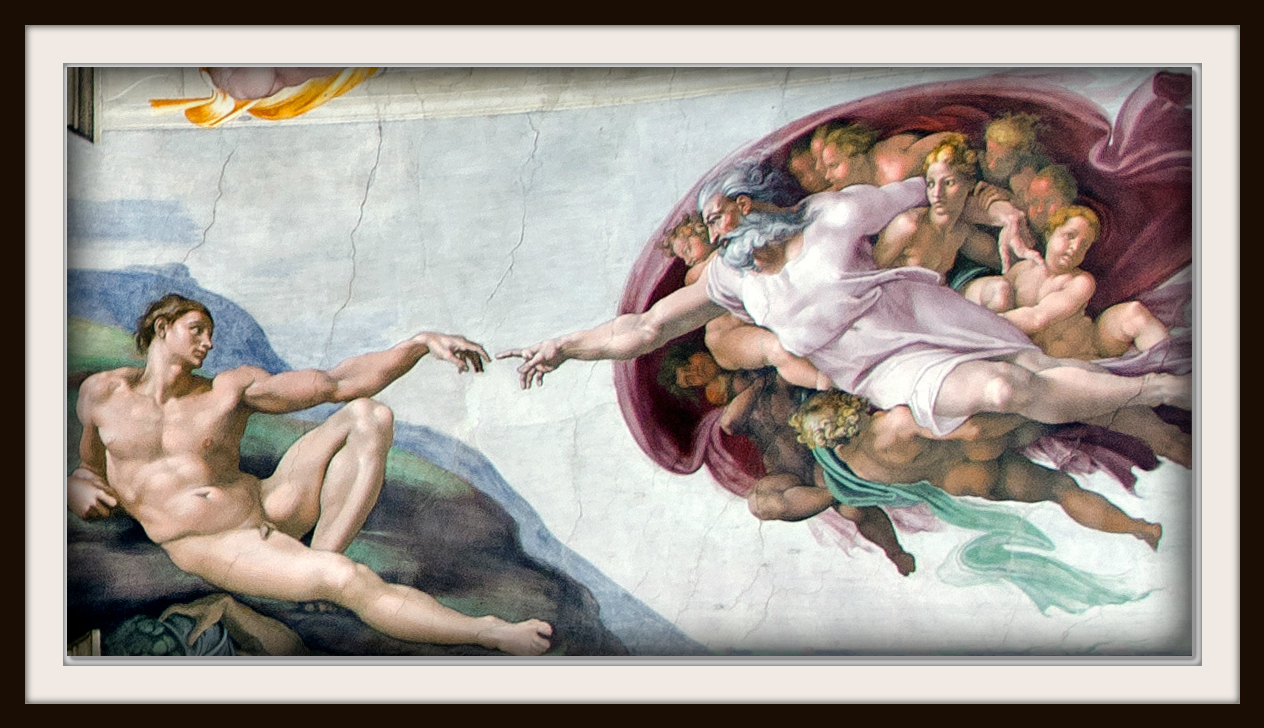What distinguishes something that is truly creative from something that is simply innovative? And how do we value and prioritize one or the other? In a recent study, “Creativity, Innovation, and the Historicity of Entrepreneurship,” Victor Claar and I attempt to disambiguate what we call “creative entrepreneurship” from “innovative entrepreneurship.”
We describe creative entrepreneurship (or creativity more generally) as “what human beings do in connection with the fundamental givenness of things.” There are possibilities inherent in the created order on the basis of what God has created. Creativity is in this way related to ontology; it depends on the being of what has been given to us to use and discover in the created order.
This is distinct (although not unrelated) to what we call “innovative entrepreneurship” (or innovation more generally), which can be understood as “a phenomenon related to the historical progress of humankind.” That is, “Innovation is what human beings discover on the basis of what has already been discovered.”
In some sense, any new thing has elements of both of these dimensions, so there is some judgment as to whether something is more or less radically new. But it is also the case that our policy and cultural expectations and norms can privilege one over the other. A more conservative or traditionally oriented society will favor incremental changes and innovations rather than radically new and creatively destructive inventions.
In our study, published in the Journal of Entrepreneurship and Public Policy, we point to some concrete examples of creative and innovative entrepreneurship, even as we argue that “creativity, considered as what human beings create on the basis of what exists, leads to innovation, understood as what humans create on the basis of what others have created.”
Once you have this basic distinction in your conceptual toolkit, you begin to see more and more examples of it. For instance, the document “Vocation of the Business Leader: A Reflection,” published by the Vatican’s Dicastery for Promoting Integral Human Development, notes, “Successful businesses identify and seek to address genuine human needs at a superior level of excellence using a great deal of innovation, creativity and initiative.” The text goes on to refer to a distinction that basically agrees with our perspective of creativity and innovation.
Good business leaders “produce what has been produced before but often – as in the arenas of medicine, communication, credit, food production, energy, and welfare provision – they invent entirely new ways of meeting human needs.” So, while good business leaders embody creativity in this sense, they also are innovative, in that they “incrementally improve their products and services, which, where they are genuinely good, improve the quality of people’s lives.”
In this way, a fuller understanding of entrepreneurship requires a theological perspective, which sees what human beings do as fundamentally and unavoidably derivative of what God has first done, whether more generally in terms of creation or more specifically in terms of love and redemption. The Dutch Reformed theologian Abraham Kuyper speaks of artists in a way that can be applied as well to entrepreneurship in the economic realm:
The artist has a trained eye, able to see what you do not see. He has a more fertile imagination and captures in the mirror of that imagination the things that escape your notice. He sees more; he sees with greater depth and greater accuracy; he sees things in relationship to each other. In addition, he is sensitive to pleasant impressions and is able to objectify those impressions in a way that nature does not provide, yet in a way that allows you, with your weaker and less developed eye, to enjoy similar impressions.
Likewise, the entrepreneur has an eye for discovery of new things that previously had only been latent in the created order, lying dormant and awaiting human application. And all of this depends primarily and foundationally on what God, the origin and source of all good gifts, has already done and is doing.

